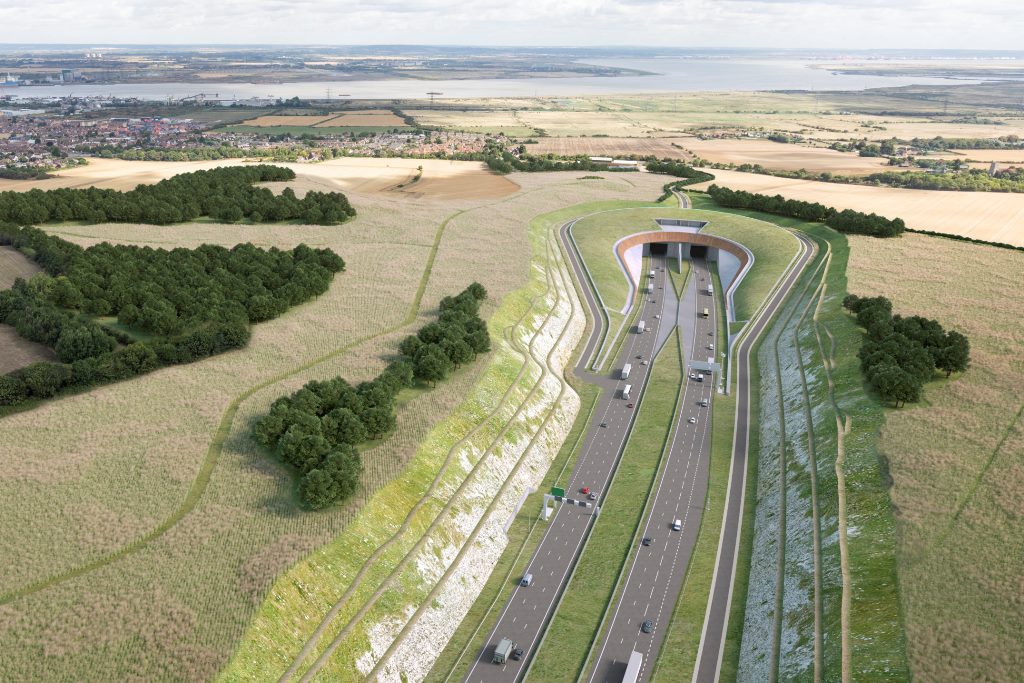The Ministry of Housing has published the report of planning barrister Lord Charles Banner that was commissioned by the previous government in February this year.
Banner’s Review of Legal Challenges to Nationally Significant Infrastructure Projects proposes a roadmap to speed up delivery of major projects, such as power stations, roads and windfarms.
He makes 10 recommendations to reform (or in some cases not to change) the procedures involved in legal challenges to nationally significant infrastructure projects (NSIPs) so that they can be decided more quickly.
These are described as:
- The cost caps, which limit the legal costs the losing party must pay the winning party in certain judicial review claims, should not be changed
- The current rules on ‘standing’ – i.e. who may bring a judicial review – should not be amended
- The current three bites of the cherry to obtain permission to apply for judicial review should be reduced to either two or one.
- The option of raising the permission threshold for a judicial review of a development consent order (DCO) decision requires further consideration
- The option of introducing an NSIP ticket, authorising a small pool of judges to hear DCO judicial reviews, requires further consideration
- DCO judicial reviews should be designated as significant planning court claims, which would ensure these cases are dealt with promptly by the Planning Court, in line with target timescales set out in civil procedure rules
- Case management conferences should be introduced for DCO judicial reviews, requiring parties to come together at an early stage to consider how best to approach these claims
- Target timescales should be introduced for DCO judicial reviews in the Court of Appeal
- Target timescales should be introduced for DCO judicial reviews in the Supreme Court
- The Planning Court and the Court of Appeal should regularly publish data on key performance indicators such as the average length of time taken for DCO judicial reviews to progress through the court.
The government will carefully review recommendations and the responses received in the call for evidence before publishing a response with a focus on ensuring there is a balance between the critical need for projects and maintaining the public’s right to challenge government decisions.
The government is now conducting a nine-week consultation on Banner’s recommendations.
Housing and planning minister Matthew Pennycook said: “Building new and improved national infrastructure is essential to delivering the government’s economic growth and clean power missions and we must have planning system fit to deliver it.
“With demands on the consenting process having changed considerably over recent years, I’m grateful to Lord Banner for reviewing how we might speed up the delivery of major infrastructure projects.
“The government will carefully review his recommendations and consider further proposals before determining how we will further improve the nationally significant infrastructure projects regime”.

